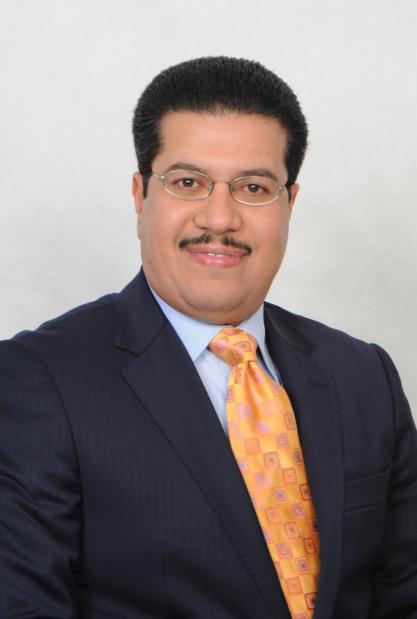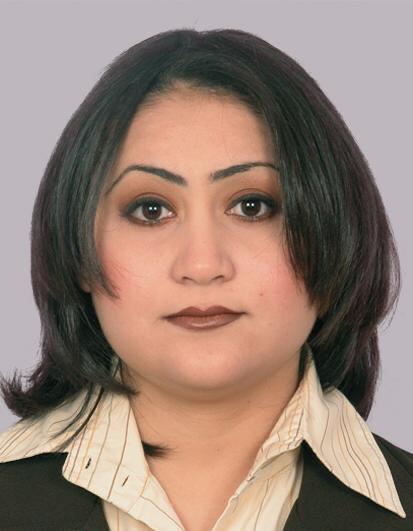PEOPLE who have recovered from Covid-19 are being urged to take things ‘easy’ while resuming physical exercise.
The virus infects the respiratory system and impacts the person’s lungs, which takes time to recover, cautioned experts.
Aggressive workout soon after recovering from Covid-19 could further weaken a person’s immunity, they warned.
Studies have emerged on Covid-19-recovered, including healthy athletes, finding it hard to resume normal working out patterns due to fatigue of various kinds.
“The lung reserve in Covid-19 recovered people is in the process of recovery and anyone in this category should take things easy and gentle,” BDF Hospital’s Mohammed Bin Khalifa Bin Salman Al Khalifa Cardiac Centre consultant cardiologist and electrophysiology chief Dr Adel Khalifa told the GDN.

Dr Khalifa
“They should not start with heavy and routine exercises as the body takes time to recover completely.
“They should drink plenty of water to compensate for dehydration, especially in this weather, and start off with a gentle walk.
“They should also look for symptoms, which they feel are worrisome – like palpitation, shortness of breath, dizziness or chest pain.
“In case of any of these, stop the physical engagement immediately. Do not resist or fight the body signs to exercise more.
“This could lead to post-infection complications of various degrees as it further weakens your body immunity.
“It is also important to maintain a healthy diet with intake of vitamins.”
The medic added that even general public should watch out for such symptoms, as well as family history of cardiac ailments, before taking up heavy physical exercises.
“I would urge anyone with specific family history to seek the advice of a cardiologist to know your fitness limits.”
The GDN reported earlier this month that Dr Khalifa called for a law making a fitness certificate mandatory for people training for a sport or embarking on a vigorous exercise programme. This, he said, would help identify those with pre-existing conditions or a family history of heart problems and also offer advice on the best way to take part in sporting activities.
It will also in turn, limit sudden cardiac deaths (SCD) among these groups.

Ms Al Madani
Health Ministry physiotherapist Layla Al Madani also echoed similar views, pointing out that Covid-19, being a multisystem disease, can affect the immune system, cardiopulmonary, neuro system and musculoskeletal system.
“Continuity of the effect varies between individuals and depends on severity of the illness, comorbidity, age of the patient and other factors,” she said.
“In mild and moderate illness, where a patient was not admitted to hospital, returning to sports and exercise after recovering from Covid-19 should be done gradually.”
A Sports Medicine specialist and Health Mates Society general secretary, Ms Al Madani stressed the importance of setting realistic goals while doing any kind of workout.
“Exercise is essential for the overall health of a person,” she said.
“However, set a reasonable goal and progress slowly before returning to sport. Begin with breathing exercise and monitor your breath and heart rate at rest and during exercise.
“Start light intensity exercise such as walking for 20 to 30 minutes.
“Listen to your body and rest when you feel tired or breathless.”
Gradual
Global experts have also pointed out that return to ‘normalcy’ after coronavirus infection should be a gradual process. Despite testing negative, post-recovery symptoms could linger on for a while, they note, which include extreme fatigue, breathlessness, muscle and joint pain.
Medics have also urged people not to engage in heavy physical exercises while in isolation or quarantine as well.
“There should be no physical activity or training during the 10-day time frame,” medical journals have said, quoting experts.
raji@gdn.com.bh


&uuid=(email))